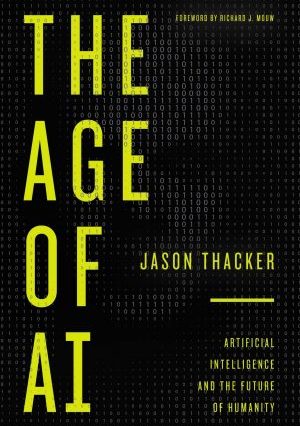If people know anything about the prophet Jonah, they know he was swallowed by a big fish. Consequently, because we live in an anti-miraculous age, people tend to dismiss Jonah’s story as just another fish story, the product of an ancient, credulous imagination. That dismissal is a shame, for the Book of Jonah tells a story with a timely message for people who live, as we do, in a moment of resurging nationalism. The timeliness of that message is evident throughout The Prodigal Prophet by Timothy Keller. The book grew out of a series of expository sermons Keller preached at various … Continue reading The Prodigal Prophet | Book Review



